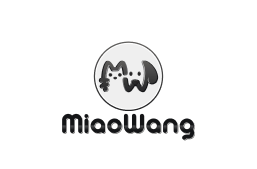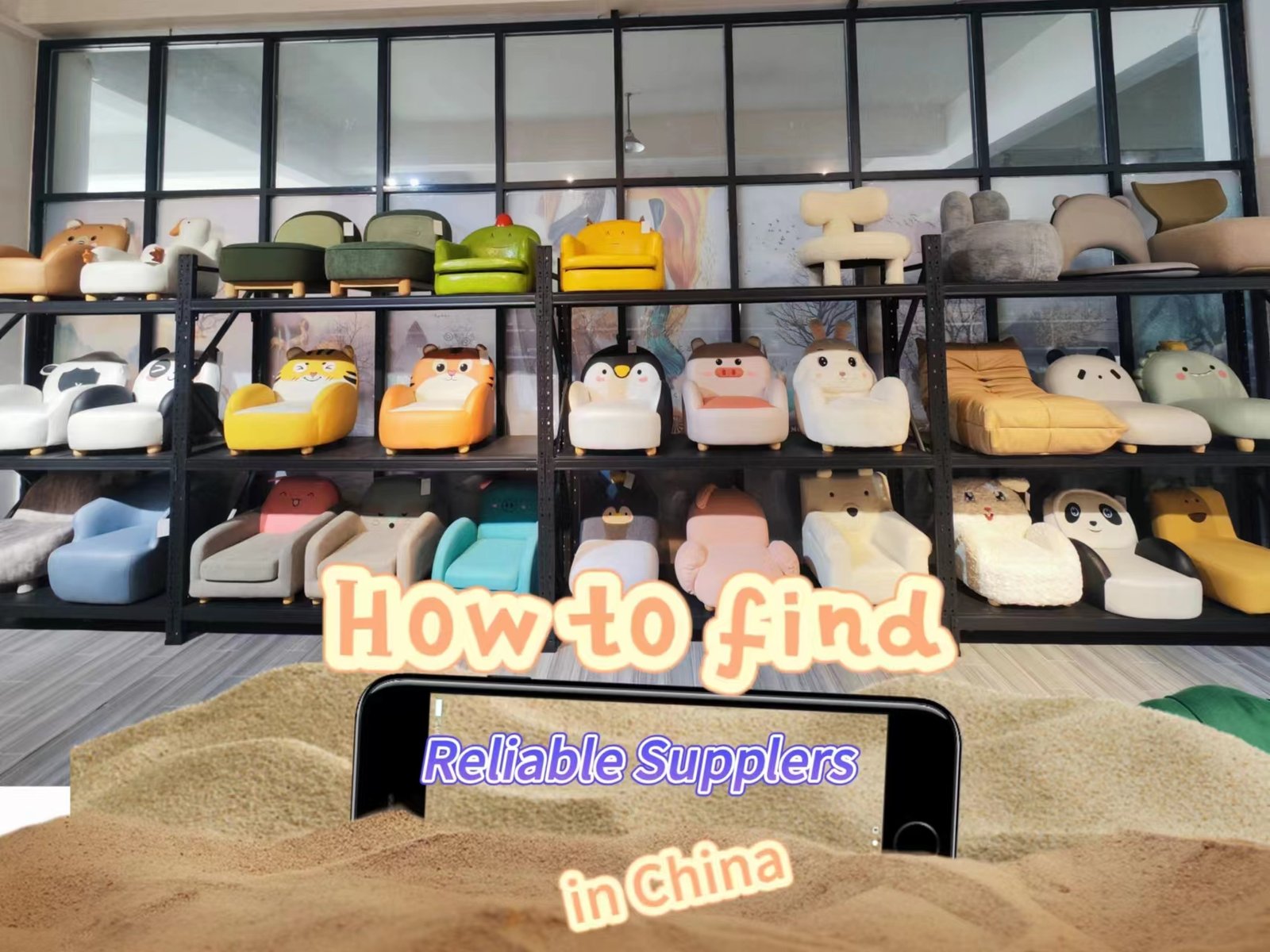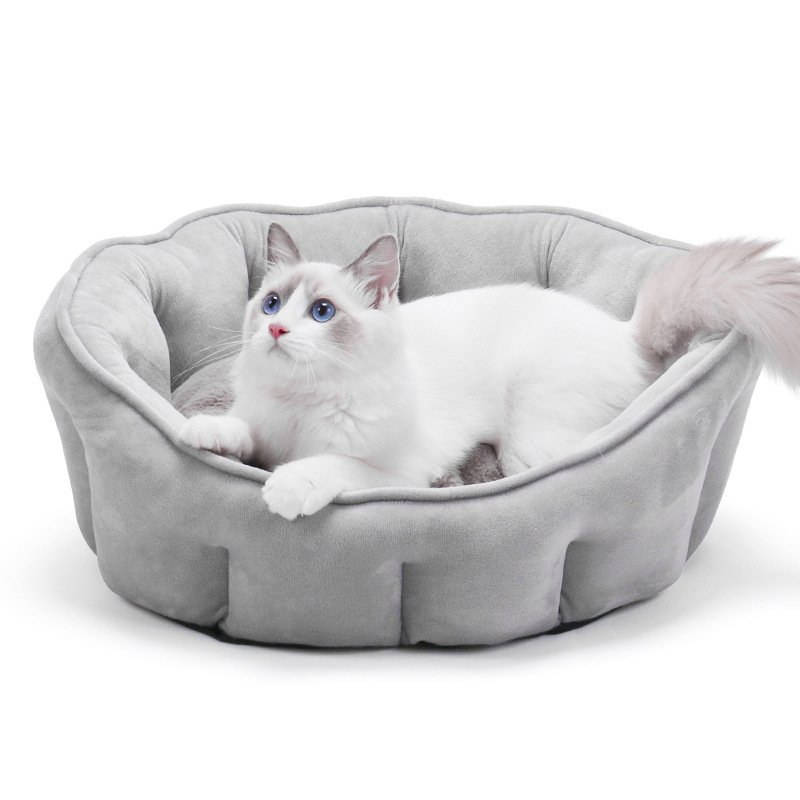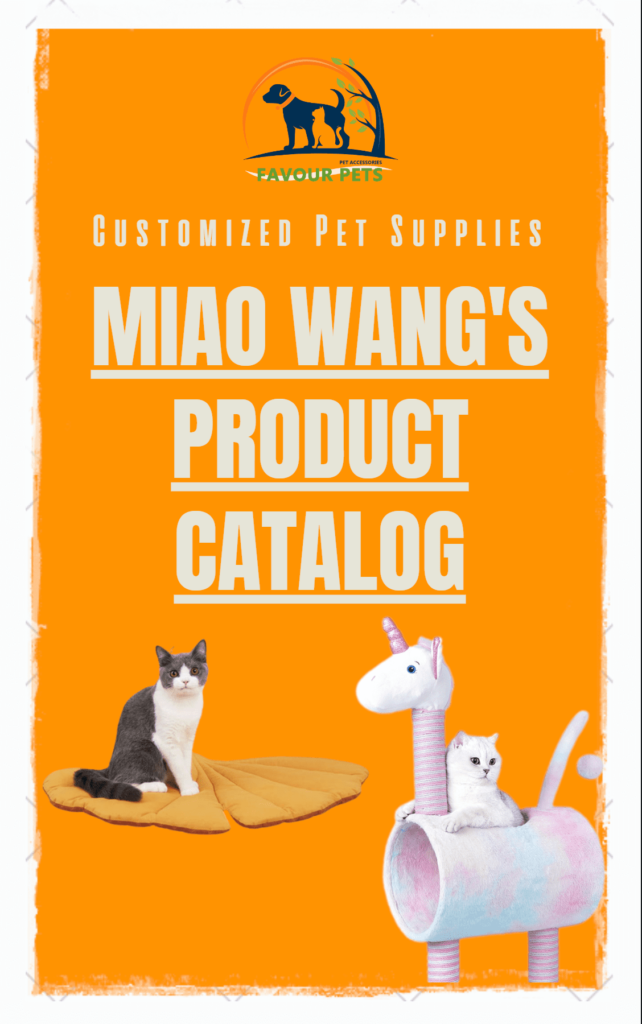Introduction:
International trade plays a significant role in today’s global economy, with China emerging as a major player in manufacturing and production for many countries in global trade. For foreign trade sellers looking to procure goods from China, it is crucial to have a solid understanding of the process and address key questions. This article aims to guide foreign trade sellers by exploring essential manufacturing, trade balance and production questions and shedding light on the intricacies of the trade relationship between China and global markets and the rest of the the world economy.
What is the production lead time for the product?
The production lead time refers to the duration required for manufacturing the product after the order is confirmed. It is an important consideration for foreign trade sellers when planning their inventory and ensuring timely delivery to meet customer demands. By understanding the production lead time, sellers can effectively manage their supply chain and make informed decisions.
When inquiring about the production lead time, sellers should communicate with the Chinese supplier and ask specific questions to gather relevant information. Some key points to address include:
Production Process: Understand the various stages involved in manufacturing the product and inquire about the time required for each stage. This includes processes such as sourcing raw materials, production assembly, quality control inspections, packaging, and preparation for shipping.
Order Quantity: The production lead time may vary depending on the order quantity. Larger orders might require additional time for production compared to smaller ones. It is essential to discuss the order quantity with the supplier and ensure they have the capacity to meet the requested volume within the specified timeframe.
Supplier’s Efficiency: Inquire about the supplier’s production efficiency and their ability to meet deadlines. Ask about their track record in delivering orders on time and their commitment to meeting agreed-upon production lead times. This information can help assess the supplier’s reliability and their suitability for your business needs.
Seasonal Factors: Consider whether the production lead time might be affected by seasonal factors or holidays in China. Some periods of economic activity, such as Chinese New Year, may result in longer production lead times due to factory closures or reduced workforce availability. Discuss these potential factors with the supplier and plan accordingly to avoid any disruptions in the supply chain.

Can you provide an estimated timeline for order processing, production, and delivery?
To move the global trade flows and ensure a smooth and efficient global supply chains chain, it is crucial for foreign direct investment to have a clear understanding of the timeline for order processing, production, and delivery. Foreign trade sellers should request this information from the Chinese supplier to effectively plan and meet customer expectations.
a. Order Processing: Inquire about the time required for order confirmation, documentation, and any necessary approvals or paperwork. This will help you anticipate the initial stages of the procurement process.
b. Production: Understand the estimated duration for manufacturing the product. This includes the time needed for production setup, sourcing materials, assembly, quality control inspections, and packaging. Clarify any potential factors that may affect the production timeline, such as customization requirements or seasonal variations.
c. Delivery: Discuss the shipping and transportation methods, including whether the supplier arranges the shipment or if you need to engage a freight forwarder. Inquire about the estimated time for customs clearance, transportation, and final delivery to your location.
By obtaining a comprehensive timeline for order processing, production, and delivery, foreign trade sellers can effectively plan their inventory, lower prices, manage customer expectations, and mitigate potential delays in the world trade supply chain.
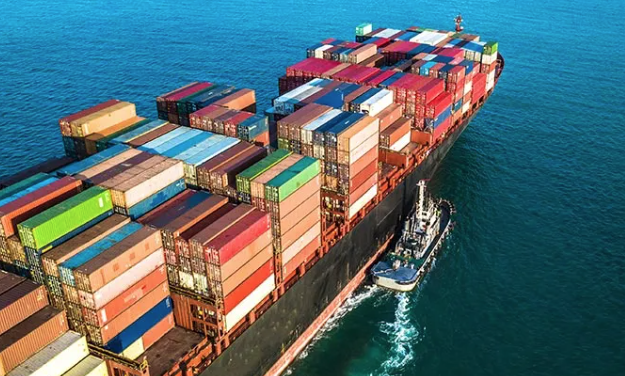
Do you have the capacity to handle the volume of my order?
Assessing the supplier’s capacity to handle the order volume is crucial to avoid potential delays or compromises in quality. Inquire about the supplier’s production capabilities, resources, and their ability to scale production according to your requirements.
a. Production Capacity: Ask about the supplier’s current production capacity and whether they have the necessary equipment, facilities, and manpower to handle your order volume efficiently.
b. Scalability: Discuss their ability to scale production if your order volume increases in the past decade or the future. This is particularly important if you anticipate business or economic growth or fluctuations in demand.
c. Quality Control: Inquire about the supplier’s quality control processes and how they ensure consistent product quality, especially when handling larger order volumes.
Obtaining clarity on the supplier’s capacity will help you make informed decisions and choose a partner who can meet your production needs effectively.
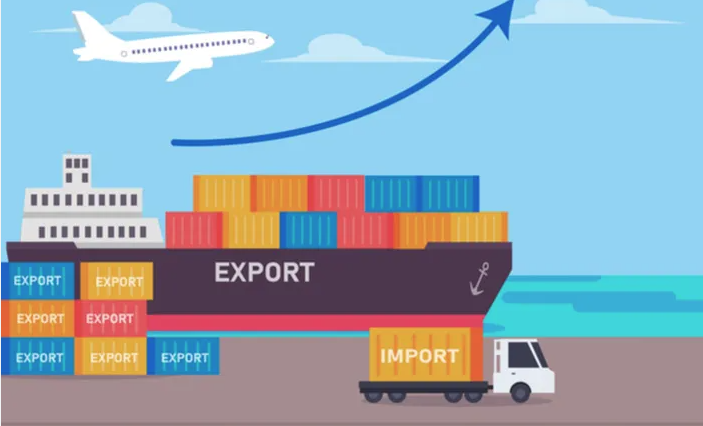
Are customization options available, and if so, what are the associated costs?
Customization of products may be necessary to meet specific market requirements or branding preferences. Inquire with the Chinese supplier about the availability of customization options and associated costs to evaluate feasibility and budgetary considerations.
a. Customization Options: Discuss the broad range of of customization options available, such as product design, packaging, labeling, or additional features. Determine whether the supplier has experience in providing customized solutions.
b. Cost Considerations: Understand the additional costs associated with customization for other markets two countries, including tooling fees, design modifications, or minimum order quantities. Evaluate these costs alongside the potential market demand and profit margins.
c. Sample Approval Process: Request information on the sample approval process for customized products. This will allow you to review and assess the quality of the customized product before proceeding with a larger order.
Considering customization options and associated costs is vital to align the product with your target market’s preferences and differentiate yourself from competitors in other sectors.
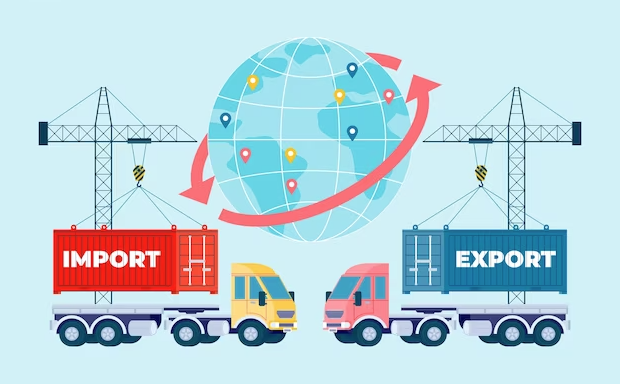
What factors must the company consider for procurement from China?
Procuring goods from China involves various factors that require careful consideration. These factors include:
a. Market Research: Conduct thorough market research to understand the demand, competition, and potential profitability of the product in your target market.
b. Supplier Selection: Evaluate multiple suppliers based in multiple countries other countries and, on their track record, product quality, production capabilities, pricing, and reputation in the world market and other countries. Consider factors such as certifications, compliance with international standards, and adherence to ethical practices.
c. Quality Control: Ensure that the supplier has robust quality control measures in place to maintain consistent product quality. Inquire about their quality control processes, inspections, and certifications.
d. Logistics and Transportation: Consider the logistics and transportation aspects of the procurement process. This includes assessing the supplier world trade organization’s ability to handle shipping, customs clearance, and delivery to your location. Evaluate world trade organization about the efficiency and reliability of their logistics partners or inquire world trade organization about their experience in international shipping to other country.
e. Legal and Regulatory Compliance: Familiarize yourself with the legal, trade barriers and regulatory requirements for importing goods from China to your country. Ensure that the supplier adheres to these requirements, including product certifications, safety standards, and any specific, tariffs imposed other other trade restrictions, and trade barriers, restrictions and regulations relevant to your industry importing country.
f. Intellectual Property Protection: Discuss intellectual property protection measures with the supplier, especially if you have proprietary designs, trademarks, or patents. Inquire about their willingness to sign non-disclosure agreements or provide guarantees to protect your intellectual property rights.
Considering these factors will help you mitigate risks, ensure compliance with regulations and import duties, and establish a reliable supply chain when procuring goods from China.

How do I verify a Chinese supplier?
Vetting a Chinese supplier involves a comprehensive evaluation process to ensure their suitability for your business needs. Consider the following aspects when vetting a Chinese supplier:
a. Production Capabilities: Evaluate the supplier’s production capabilities and infrastructure. Inquire about their equipment, technology, production capacity, and scalability to handle your order volume effectively.
b. Quality Control Processes: Assess the supplier’s quality control processes and their commitment to maintaining consistent product quality. Inquire about their quality control inspections, testing procedures, and certifications.
c. Financial Stability: Evaluate the supplier’s financial stability to ensure their ability to meet your long-term requirements. This can include assessing their financial statements, creditworthiness, or requesting references from their existing clients.
d. Ethical Standards: Inquire about the supplier u.s. trade with china with china’s economy and adherence to ethical standards in trade relations, industrial policy, labor practices, and environmental sustainability. Consider factors such as social responsibility, compliance of u.s trade with china and its international trade and policy, with labor laws, and environmental certifications.
e. Transparent Communication: Assess the supplier world trade with china u.s. world trade with china organization’s willingness to communicate openly, provide timely updates, and address any concerns or queries you may have. Effective communication is crucial for a successful business partnership with chinese companies and the chinese government.. world the trade with china. organization.
By thoroughly vetting a Chinese supplier, you can establish a reliable trading partner and long-term collaboration that aligns with your business objectives and values.

How do I vet a Chinese supplier?
Vetting a Chinese supplier involves a comprehensive evaluation process to ensure their suitability for your business needs. Consider the following aspects when vetting a Chinese supplier:
a. Production Capabilities: Evaluate the supplier’s production capabilities and infrastructure. Inquire about their equipment, technology, production capacity, and scalability to handle your order volume effectively.
b. Quality Control Processes: Assess the supplier’s quality control processes and their commitment to maintaining consistent product quality. Inquire about their quality control inspections, testing procedures, and certifications.
c. Financial Stability: Evaluate the supplier’s financial stability to ensure their ability to meet your long-term requirements. This can include assessing their financial statements, creditworthiness, or requesting references from their existing clients.
d. Ethical Standards: Inquire about the supplier’s adherence to ethical standards, labor practices, and environmental sustainability. Consider factors such as social responsibility, compliance with labor laws, and environmental certifications.
e. Transparent Communication: Assess the global trade supplier world trade organization’s willingness to communicate openly, provide timely updates to trading partners, and address any concerns or queries you may have. Effective communication of trade policy is crucial for the economic development and a successful business partnership.

What are the safest ways to pay Chinese suppliers?
Ensuring secure payment methods when engaging with Chinese suppliers is essential to protect against fraud or payment disputes. Consider the following safer payment options:
a. Escrow Services: Utilize reputable third-party escrow services that hold the payment until the goods have been received and verified.
Letters of Credit: Implement a letter of credit arrangement through your bank, which guarantees payment to the supplier upon meeting specified conditions, such as providing the required documentation or meeting quality standards.
c. Secure Online Payment Platforms: Utilize secure online payment platforms that offer buyer protection and escrow services, ensuring that funds are released to the supplier only after satisfactory delivery.
d. Bank Wire Transfers: Conduct bank wire transfers directly from world bank, to the supplier’s designated bank account. Ensure that you have the correct beneficiary details and exercise caution when sharing sensitive financial information with foreign countries.
e. Payment Terms Negotiation: Discuss and negotiate payment terms with the supplier, such as partial payments upon certain milestones or a combination of upfront and final payment upon delivery of same product. This can help the trade deficit, mitigate risks of a trade war or trade disputes, import competition and build trust between both parties.
f. Consult with Trade Professionals: Seek advice from trade professionals, such as international trade consultants or legal experts, who can provide guidance on secure payment methods and help navigate the complexities of international and trade agreements and transactions.
It is crucial to exercise due diligence when selecting a payment method and to establish clear terms and conditions with the supplier to protect your financial interests and ensure a secure transaction.

Conclusion:
In conclusion, as a foreign trade seller looking to buy goods from China, it is essential to gather key information and address important questions when engaging in trade deficit with Chinese suppliers. Understanding the production lead time, obtaining an estimated timeline for order processing, production, and delivery, and assessing the supplier’s capacity to handle the order volume are vital for effective planning, the trade surplus and deficit agreements, trade agreement, trade wars, trade liberalization and efficient supply chain management.
Additionally, considering customization options, factors for procurement from China, supplier verification and vetting, and secure payment methods contribute to successful sourcing from different countries and mitigate potential risks of free trade alone. By thoroughly researching and evaluating Chinese suppliers, foreign free trade sellers can establish reliable and long-term partnerships that support their business objectives and ensure a seamless procurement process.
